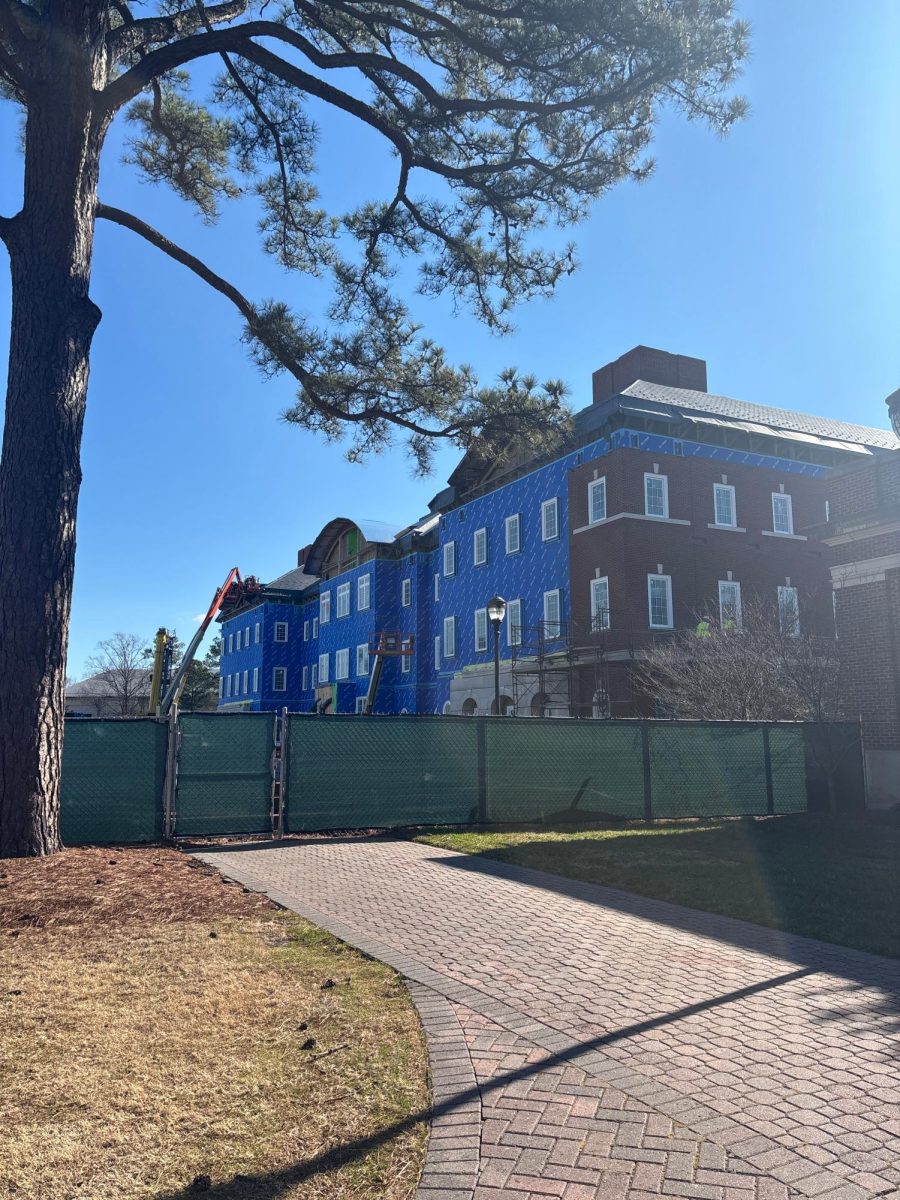On Monday, Feb. 5, upperclassmen students living on campus received an email, informing them of the eligibility requirements for retaining a room into the next academic year. The email was written as followed:
“You currently reside in a retainable apartment-style unit. You may be eligible to retain your room over the summer from June 15, 2024 to August 22, 2024. If this interests you and your unit meets the requirements listed below, please fill out and submit the attached form to the Housing Office by 5pm, Friday, March 1, 2024.
Room Retention Eligibility Requirements:
- All current residents requesting to retain are rising third, fourth, or fifth-year residents.
- All residents are eligible to participate in the 2024-2025 Housing Selection process and will be returning for the 2024-2025 academic year.
- The unit is being retained by 100% of the current occupants and there are no vacant beds in the unit.”
Zac Holmes Director of University Housing explained that they are now allowing retention in 10-month lease apartments.
Retention requirements in extended apartment-style spaces (previously referred to as 12-month lease) are decreasing from needing full capacity to 51% of residents to retain. This policy is expanding to regular apartment-style buildings (previously referred to as 10-month), which would need 100% to retain. Extended apartment-style buildings are Rappohannock, Harrison, Madison, and Jefferson. Regular apartment-style buildings are CNU Village, Washington, and Monroe.
The reason for these revisions as Holmes explained is “to improve consistency in the housing process” as well as to improve “equity among summer residents.”
Many factors are considered when drafting these retention requirements, such as available spaces, summer housing, room turnover and summer facility projects.
“The requirements reflect balancing student choices with other competing demands to support the overall housing experience,” said Holmes. “While every student and every unit will not qualify to retain their unit, it is important that we are also considering the opportunity for students entering their third year living on campus to have a reasonable opportunity to progress into an apartment-style living experience.”
Many students are also left to question whether these new requirements reflect their needs. Is housing considering student feedback?
“Based on feedback each year, the factors mentioned above and changing student preferences inform that year’s retention requirements. We often do hear questions when students do not meet the requirements or when a facility project or other factor causes a specific unit or building to be ineligible for retention. The requirements are set forth to best accommodate our student population as a whole,” Holmes said.
“[The housing administration] perceives this as a unique opportunity to rising seniors and fifth-year students who are not required, but still desire, to remain living on-campus, said Holmes on the new retention policy. “Although every student will not meet the requirements, this process ensures that we will also have adequate housing options for rising juniors who are required to reside on campus.”









